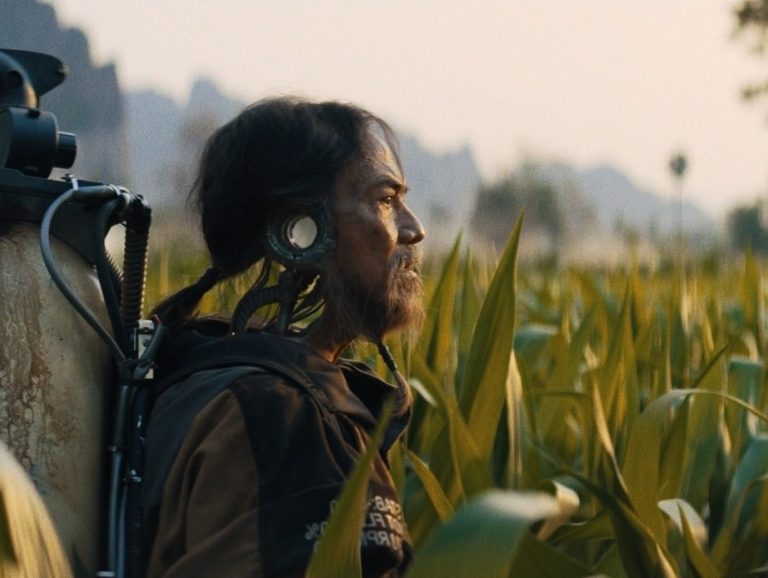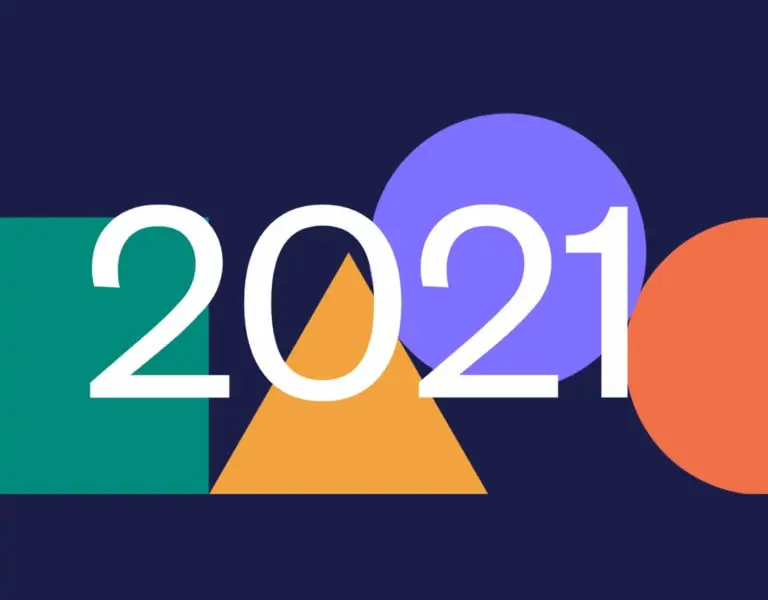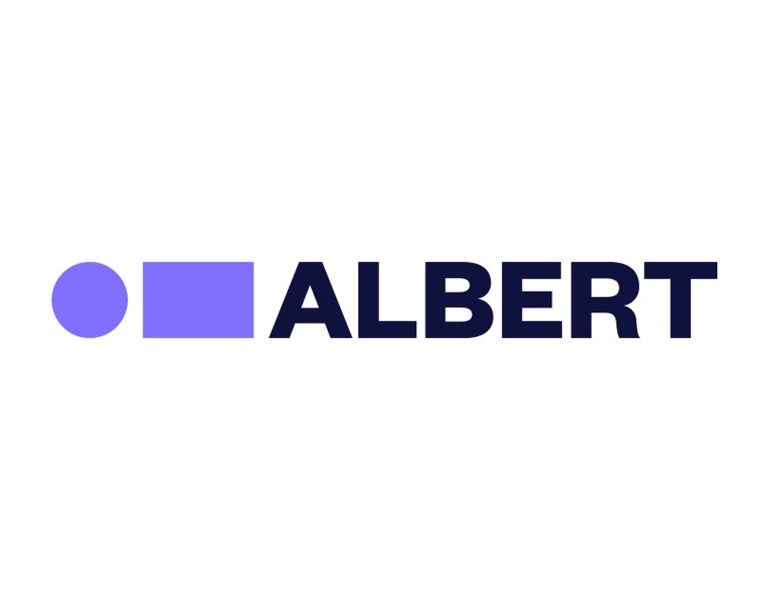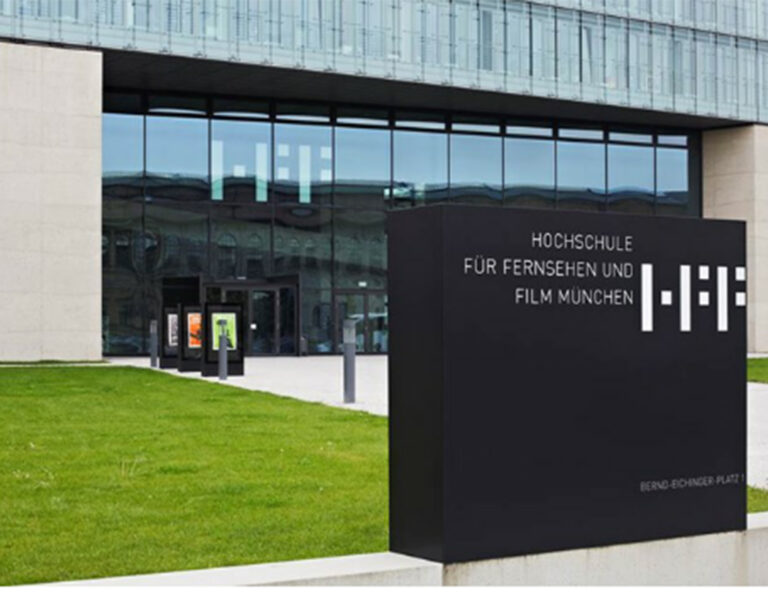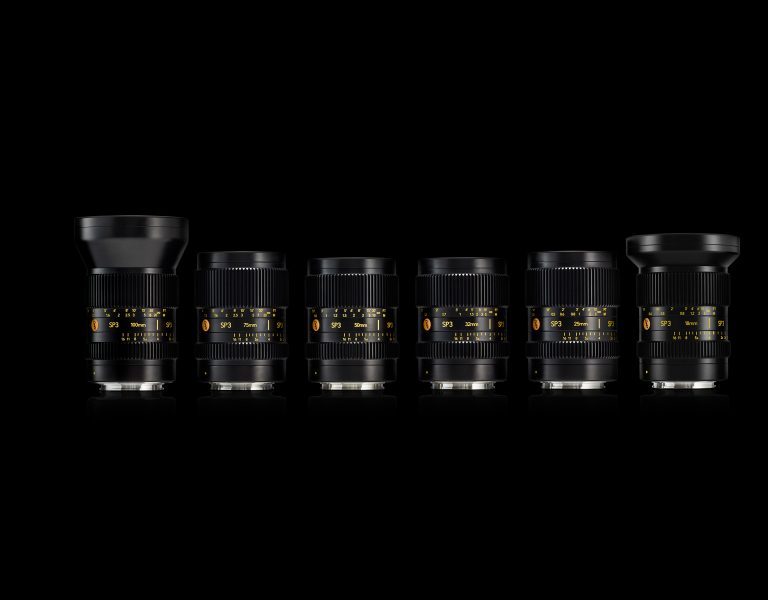albert publishes review of 2022 as nearly 2,000 productions certified
Oct 17, 2023
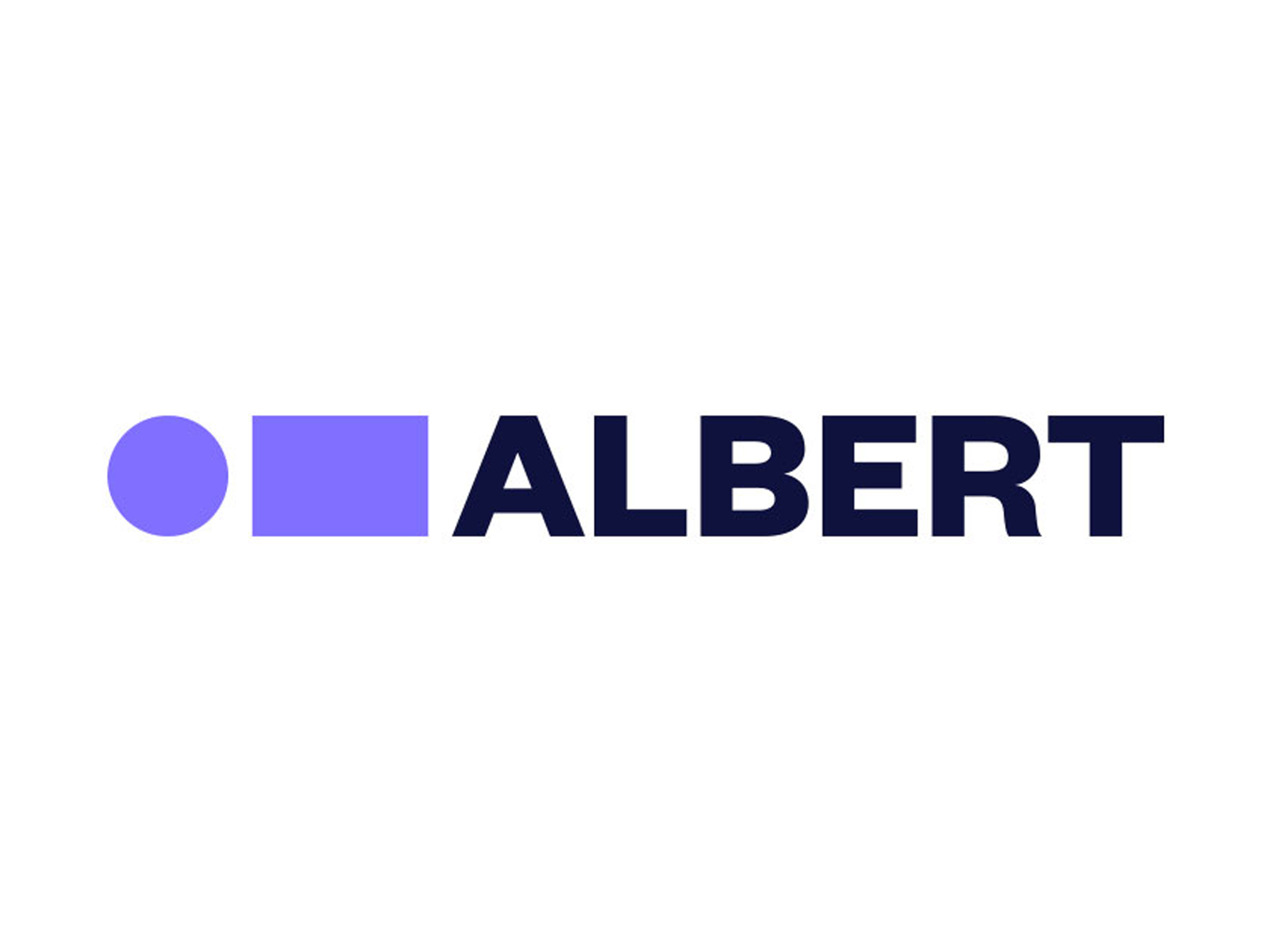
albert, the leading screen industry organisation for environmental sustainability, has today published its review of 2022, covering its initiatives to support and inspire the industry, data gathered from its certification process which assesses carbon emissions and waste, as well as the progress made under the Climate Content Pledge to increase and improve climate storytelling. The year saw the launch of a new sustainability standard for studios, a practical tool to help creatives make content featuring sustainable themes, 3,600 people trained and events held across the industry including the inaugural albert Summit for 250 people.
Nearly 2,000 programmes were certified, more than 2020 and 2021 combined, giving the most comprehensive overview of the screen industries’ carbon footprint to date. Emissions stood at 12.8 tonnes per hour, up from 11.3 in 2021. This average comes after the introduction of new methodology to give a true picture of the overall footprint for the UK TV industry, and the rise is partly driven by the significant rise in the number of programmes covered as well as ongoing changes to improve the accuracy of albert’s calculator.
Travel and transport make up the largest part of a programme’s carbon footprint across all genres, though there was an increase in the use of local crew and equipment which can help to mitigate this. Use of diesel generators fell, and in drama, the highest emitting genre, there was a promising, if slight, decrease in overall carbon emissions year-on-year, down 7%.
In 2022, albert made progress on a series of major projects, including the rollout of a global standard for studio sustainability and the launch of Screen New Deal. The latter is a landmark initiative to support studios in their path to zero-carbon and zero-waste which will have its first rollout in Wales towards the end of 2023. albert supported the development of first ever Climate Impact Award at the Edinburgh TV Festival, and through its dedicated training schemes, it trained some 3,600 industry professionals in the year, up 8% on 2021.
An update on the progress for the 2021 Climate Content Pledge revealed that over a third (40%) of programmes certified by albert feature sustainability, climate or the environment in 2022. Amongst children’s programming, the figure was even higher, at 65%. In the year, albert released the Editorial Engagement Tool, helping creatives develop ideas which incorporate climate narratives. Since the end of the year, albert has been carrying out in-depth analysis of the impact of content on sustainable behaviours and hopes to publish this work soon.
The annual review can be found here.



